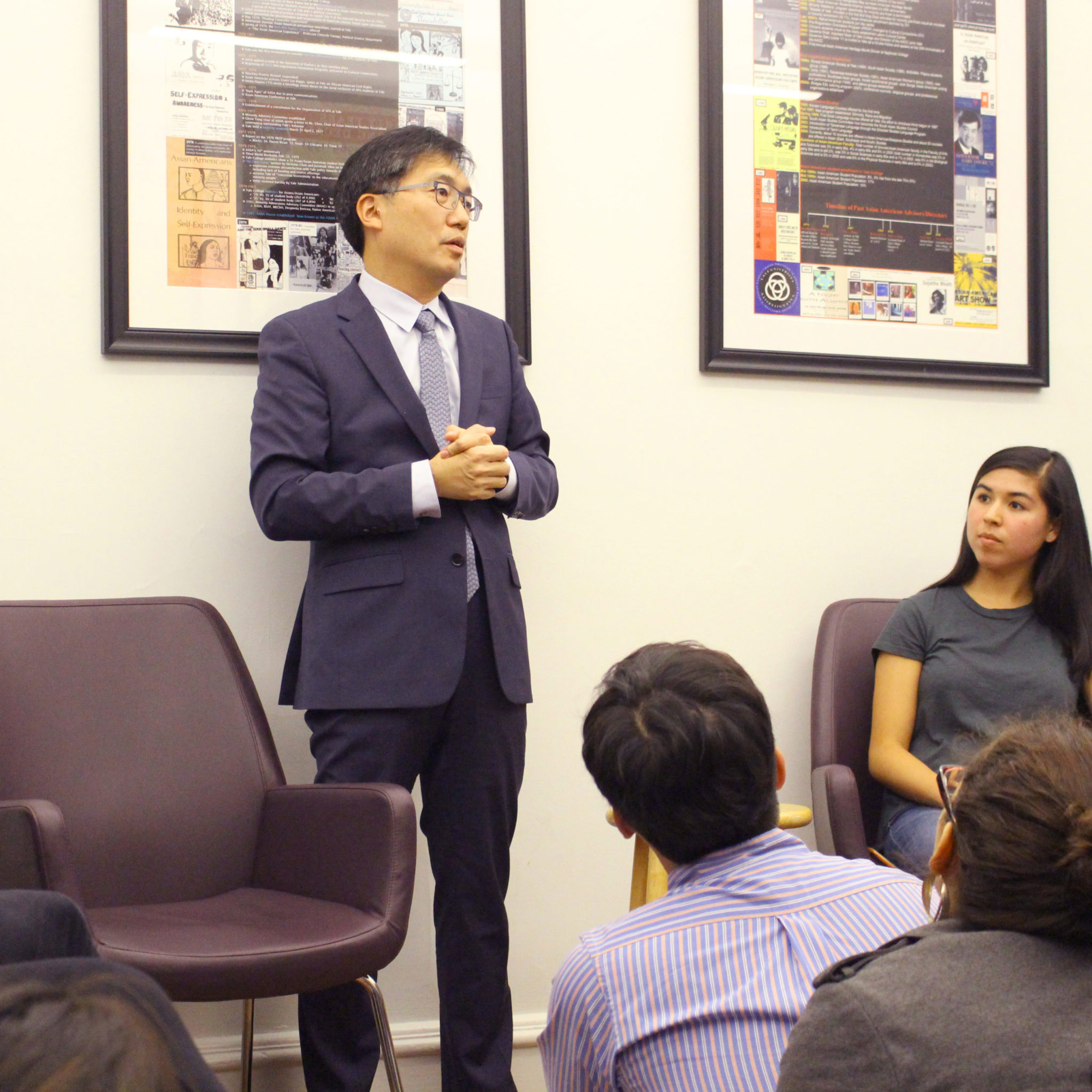
Kitty Kan
As the University looks to solidify its funding priorities for its upcoming capital campaign, a new Yale College Council initiative will allow students to weigh in on the areas Yale focuses its investment.
A Wednesday YCC email offered students a unique opportunity to “help inform” how fundraised money will be spent in Yale College. The YCC has opened channels with Dean of Yale College Marvin Chun and Yale College Director of Development Alison Cole in the hopes of bringing student voices and priorities to administrators. Although the YCC has already drafted a list of its own priorities, the council will hold a focus group on March 2 and later conduct a college-wide survey to better understand the funding priorities of the entire Yale College community. Still, fundraising allocation is ongoing and ultimately depends on where donors want their money to go, Cole said.
“Yale University spends hundreds of millions of dollars every year and students often give little to no input on where it all goes,” YCC President Kahlil Greene ’21 told the News. “When it comes to the capital campaign, which independently raises billions of dollars, it is imperative for our voices to be heard.”
The capital campaign is a University-wide fundraising push that occurs every five to 10 years, and last cycle’s campaign generated $3.88 billion. The ongoing campaign is titled “One Yale” and is meant to foster collaboration across Yale College and its graduate and professional schools. In July 2018, the campaign entered its silent phase — a period during which the University establishes fundraising priorities and secures initial donations through private channels. The previous capital campaign, which closed in 2011 and was called “Yale Tomorrow,” raised around $1.3 billion during its silent phase. That money was in part used to establish the Jackson Institute for Global Affairs and construct the Smilow Cancer Hospital.
While Cole said that allocation of funds is ultimately dependent on donors’ wishes, Yale College and the graduate and professional schools all have the opportunities to identify specific priorities. Cole said she is working with Chun to come up with Yale College’s priorities and that the YCC will help inform those priorities.
“For the fundraising opportunities that are relevant to Yale College, it will be useful to hear what students value and prioritize,” Chun wrote in an email to the News.
Still, Cole noted that the YCC will not have a say in the exact programs that receive funding.
“Yale students help to shape the Yale community and I believe their voices should be heard in establishing priorities, the same as all other stakeholders in the University,” Cole said. “No single stakeholder determines where the money is allocated, but rather helps to shape the priorities of how Yale can grow innovatively and remain on the forefront of higher education. Ultimately it is the donors who decide which areas they are going to support with their philanthropy.”
YCC Task Force Director Keon Azar ’22 has spearheaded YCC efforts to influence the capital campaign’s funding areas. Following the planned focus group and student survey, Azar said that he will present the student priorities to the administration.
The Wednesday YCC email sent to the student body noted that it is not certain that student-proposed initiatives will receive earmarked funding, but the YCC will continue to lobby administration for increased support of them. The email added that student input will “legitimize the necessity to prioritize these initiatives” and promised that student priorities will be brought to “lead decision-makers.”
Earlier in the email, Azar listed areas that the YCC had already identified as requiring funding. Specifically, the council plans to advocate for more funding for Mental Health and Counseling; programs for first-generation, low-income students; the Ethnicity, Race and Migration program; cultural centers; and recognition of Indigenous groups and campus artwork. Azar said that the YCC hopes to significantly add to this list through the focus group and student survey.
“I believe it is important for students to understand what the campaign is, why Yale invests so much effort into it and the impact it has,” Azar said. “Among the YCC’s main purposes are to lend a voice to student concerns and opinions and serve as a forum for the discussion and advancement of student ideas. For these reasons, we believe it is critical to get students directly involved in one of the University’s largest and most important initiatives.”
Azar began to advocate for student input in funding allocation after hearing from Bruce Cohen ’83, who serves on the University Council, which advises University President Peter Salovey on a variety of issues. In an email to the News, Cohen called himself a “proud, but also concerned, LGBTQ+ alumnus of Yale College” and stressed his focus on fostering inclusivity on Yale’s campus. He said that when he was first briefed on the capital campaign, he felt it was imperative that funding go to diversity, equity and inclusion initiatives.
Cohen reached out to the YCC about advocating for such programs and generating more student input in the campaign in general. Azar said that the YCC is specifically keeping diversity and inclusion in mind during its advocacy.
“My hope is that the more students understand what the capital campaign is, that it’s an exciting opportunity to fund diversity, equity and inclusion initiatives and that you can have a voice in prioritizing those initiatives, the more students will get involved with the campaign and the more the Yale experience will improve for all students,” Cohen said.
The capital campaign will likely launch in 2021.
Amelia Davidson | amelia.davidson@yale.edu







